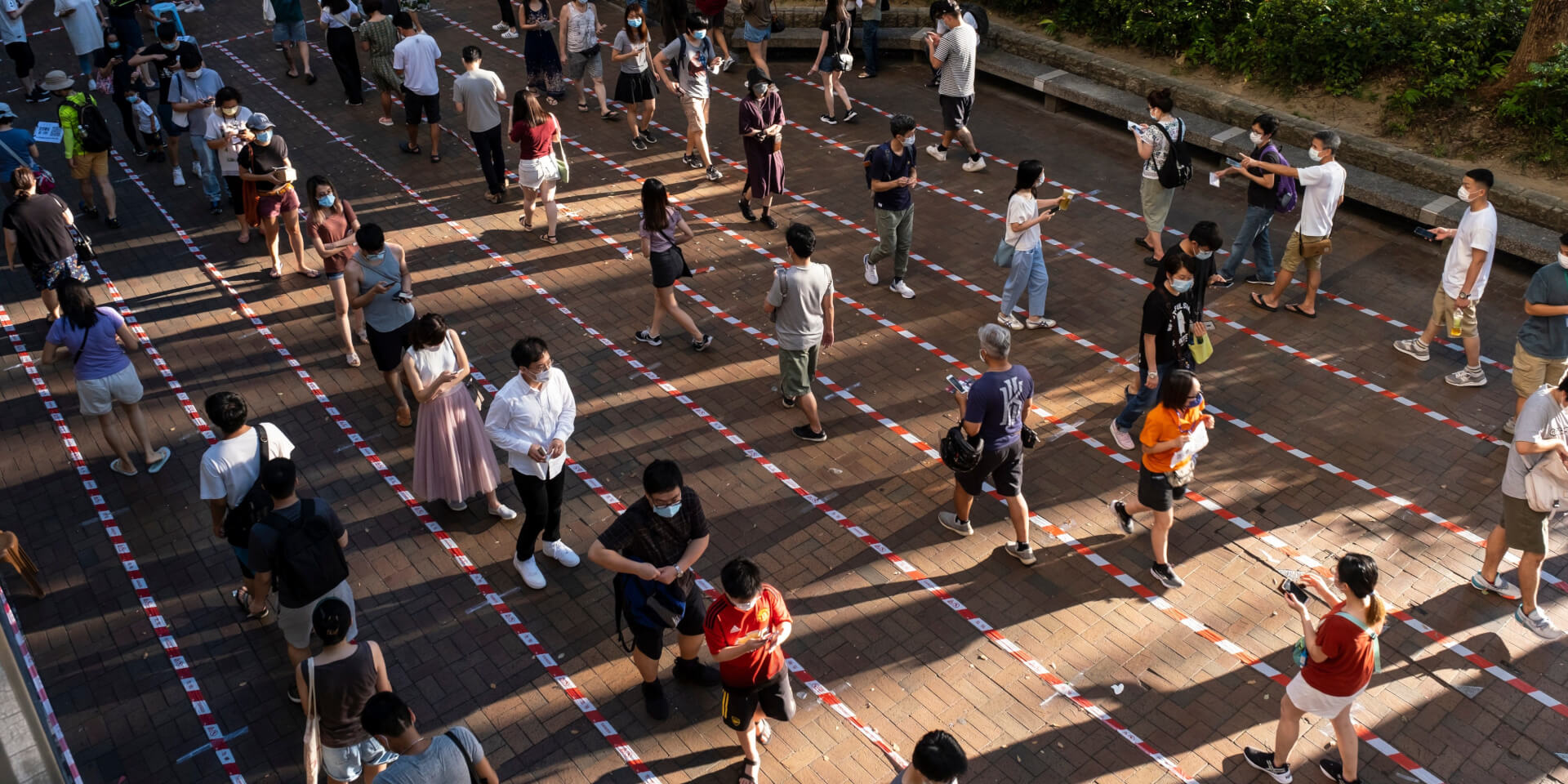Several pro-democracy candidates for Hong Kong’s upcoming legislative election received letters from electoral officers on Saturday that questioned their stances on issues like the new national security law, and US sanctions.
The candidates involved included Civic Party members Alvin Yeung, Dennis Kwok, Kwok Ka-ki, and Tat Cheng. Former reporter Gwyneth Ho, Sunny Cheung, and Ventus Lau. District Councilors Fergus Leung and Tiffany Yuen also received notices from officers at the Electoral Affairs Commission requiring a response within a day.
Though the questions in the letters varied depending on the candidate, they mainly focused on whether the democrats support foreign sanctions for the territory, whether they will boycott all the government’s budget plans to achieve their demands once elected, whether they advocate Hong Kong’s independence, and whether they object to the national security law. The queries may have stemmed from the fact that the contenders have previously stated that if elected, they would use powers granted to them under the Basic Law to reject the government’s budget plans and demand the dropping of charges against pro-democracy protests, and more accountability from the police forces. Several candidates have also expressed their firm opposition to the new draconian law and have said that they will not sign any papers asking them to endorse it in order to qualify for the September vote.
Also read: Hong Kong Opposition’s Primary Poll Could Be Illegal, Warns Beijing
The letters have fueled concerns within the pro-democracy movement as contestants fear disqualification. The movement has been seriously challenged by the new security law, which aims to curb vaguely defined acts of subversion, secession, and terrorism. Mass arrests at demonstrations and protests are rampant, with Beijing moving swiftly to mute any kind of dissent. Activists claim that the only way now to resist Beijing’s clampdown on the city is by capturing a majority in the legislature in September. It would give pro-democracy parties the authority to stall unfavorable budgets and harmful legislation, in order to oppose China’s coercive tactics.
China, for its part, has continued its brutal and brazen crackdown on opposition parties and leaders. Earlier this month, Beijing said that the primary polls to choose candidates for the September legislative election was a “serious provocation” to the current electoral system, and violated the national security law.
Such actions are likely to draw severe backlash from nations like the US, the UK, and others who have already fiercely criticized China for its clampdown on the former British territory. Japanese authorities have also said that they are considering sending election observers to Hong Kong to ensure that the September vote is held in a free and fair manner.

